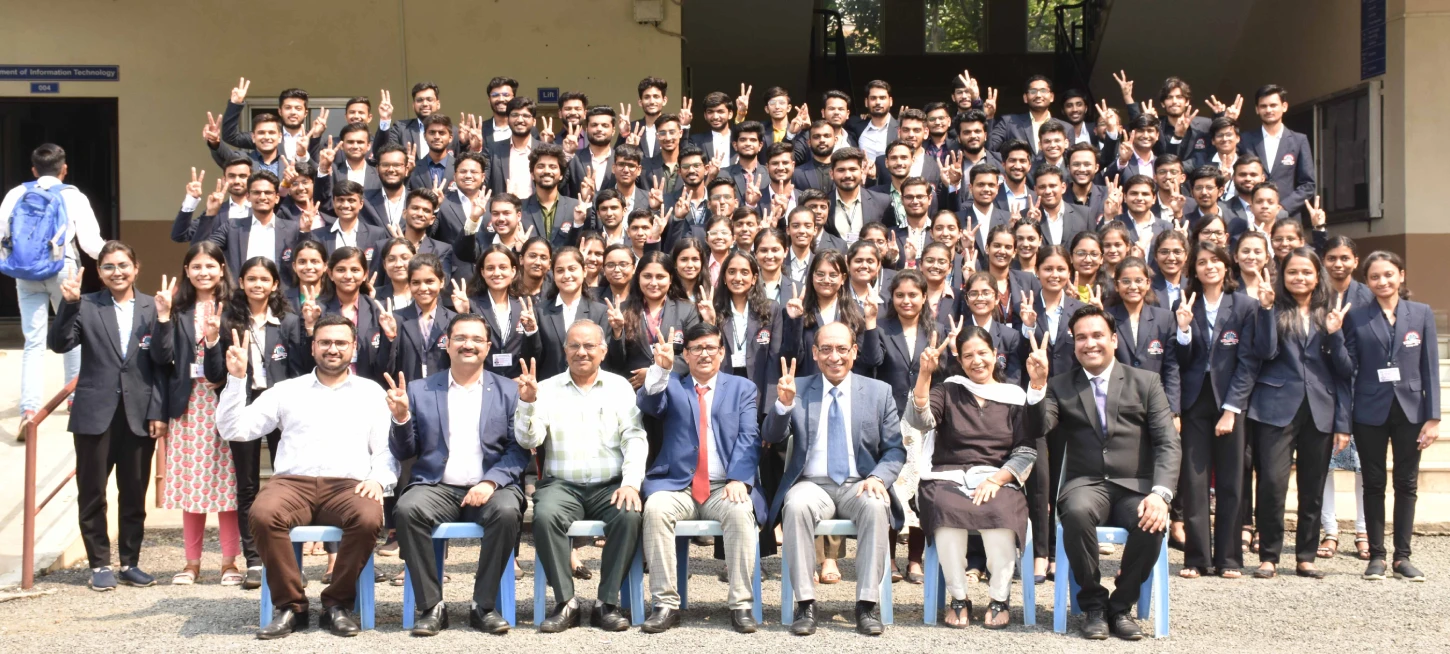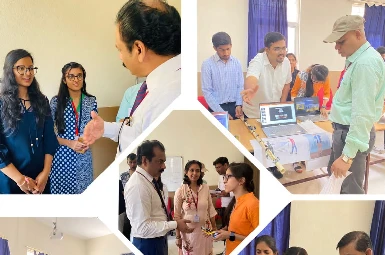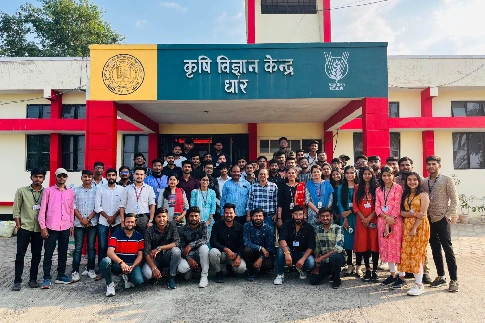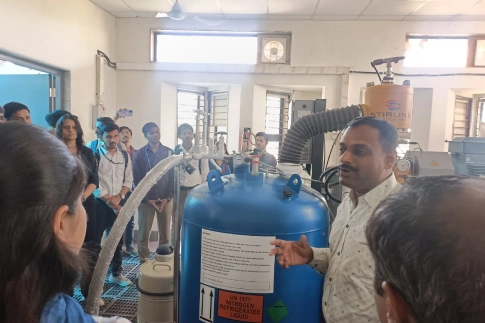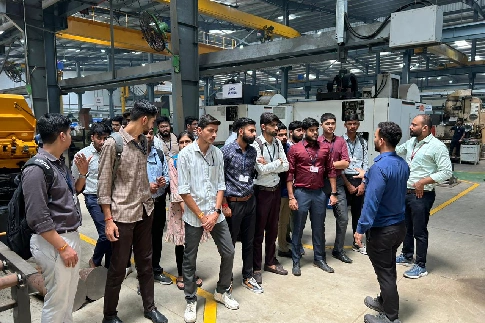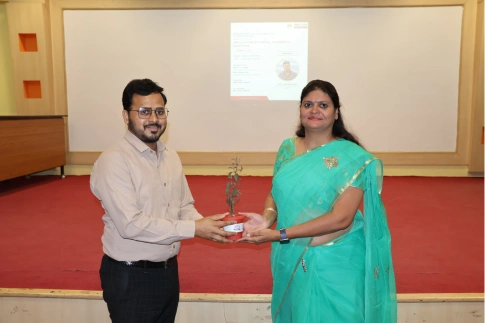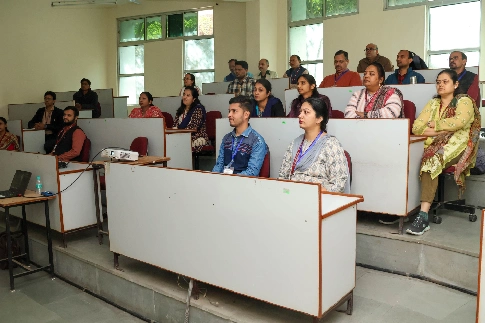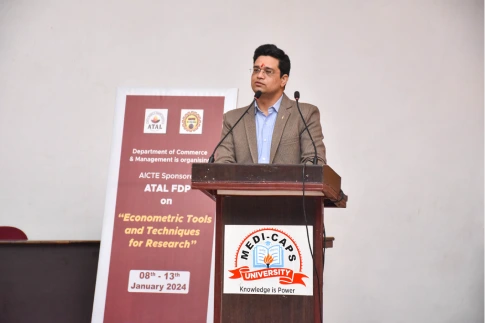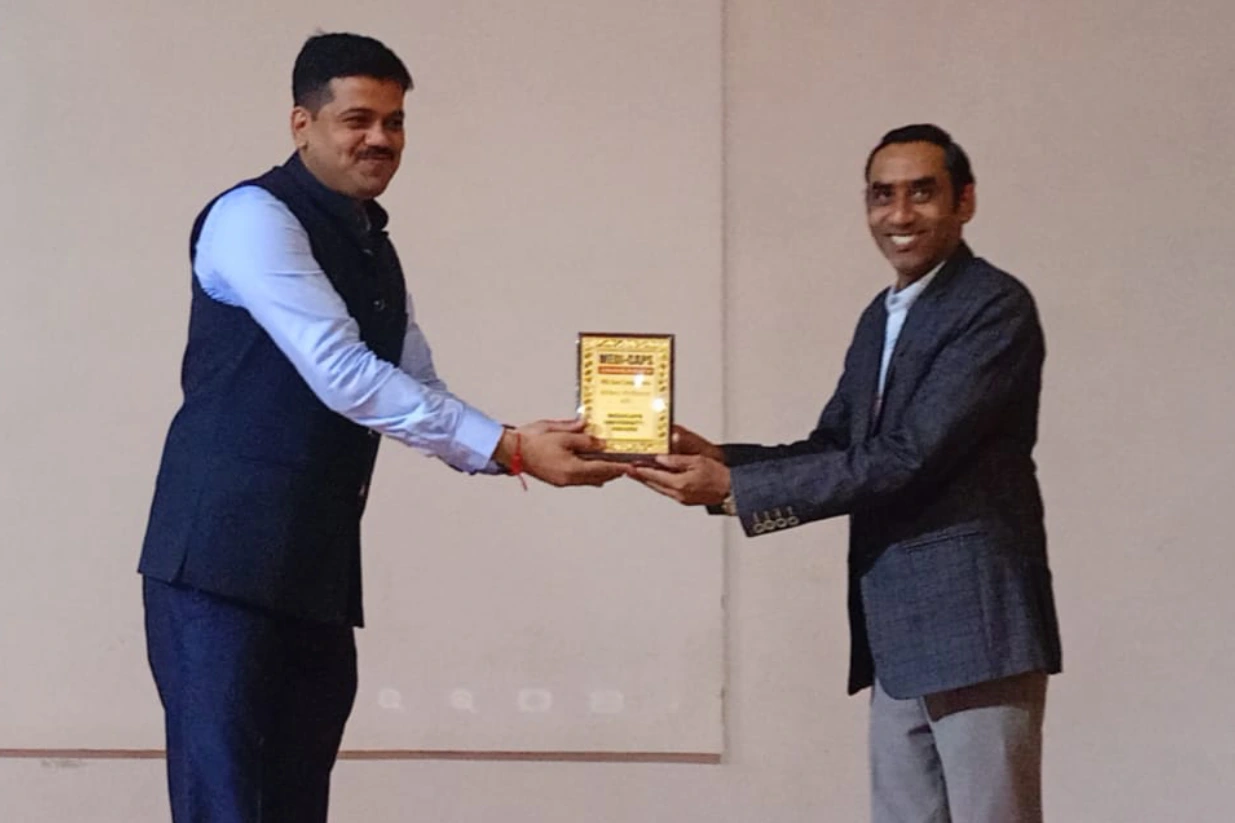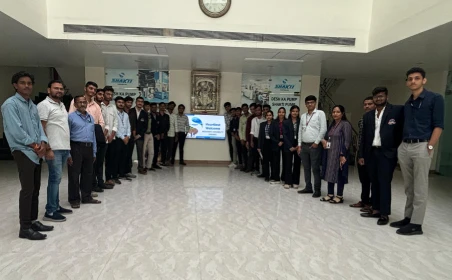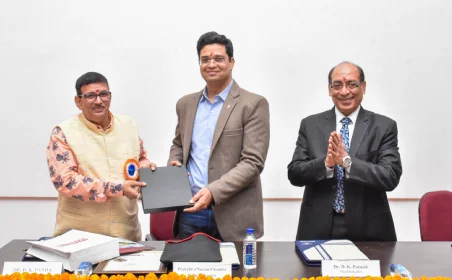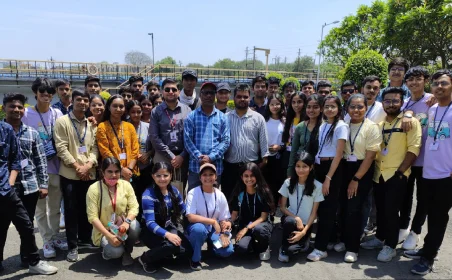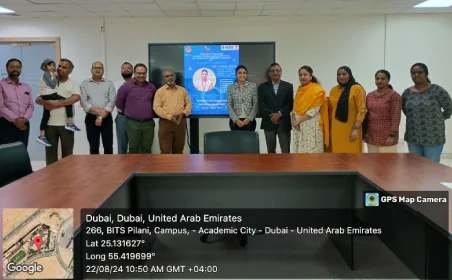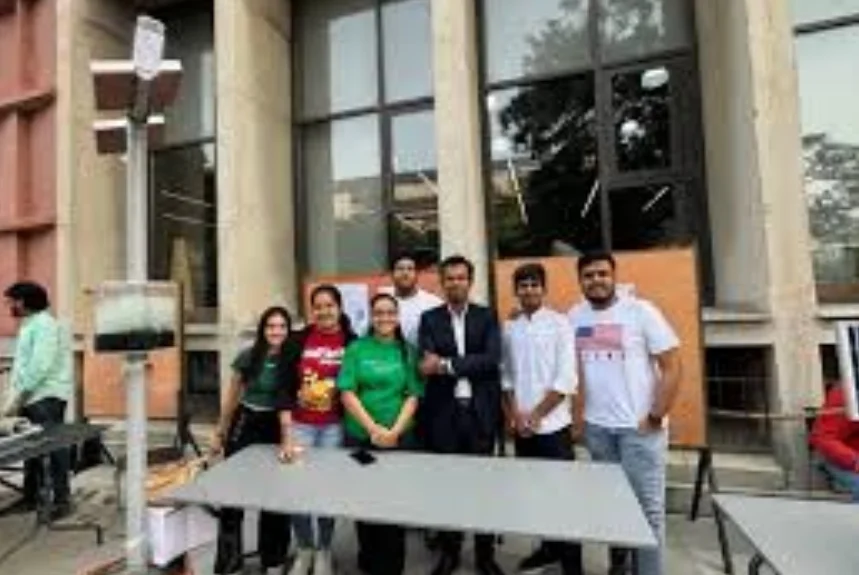News
The role of internships in transforming engineering education

As technological improvements redefine its function across industries globally, the engineering landscape is evolving rapidly. Traditional educational frameworks encounter many new challenges due to the continuous rise of artificial intelligence, blockchain, and digital transformation. Engineering graduates today are not just technical experts but are also problem-solvers having practical knowledge and real-world understanding in a digital ecosystem. Engineering education must change to prepare its graduates for this paradigm shift as industry-ready engineers become more in demand, with internships serving as the key link between learning in theory and using that theory in practice.
The current disconnect between academia and industry
For decades, engineering education has concentrated on basic principles, mathematical models, and theoretical concepts. Although this foundation remains vital, modern engineering practice requires much more. Today’s engineers must understand how technology influences everything from manufacturing processes to product development through various regulatory frameworks and corporate compliance. Traditional curricula with conventional theoretical knowledge and limited practical applications create a significant gap in many graduates’ preparedness for the challenges of modern engineering practices.
Internships: The essential bridge
Internships are indispensable bridges from academic learning to real-world application because they give students a glimpse into their future careers and provide organizations with fresh perspectives and potential talent. These opportunities greatly improve comprehension along with problem-solving abilities. These opportunities also allow all students to apply all theoretical knowledge learned in classrooms to many real-world scenarios. Many interns prepare for all workplace demands through immersion in professional settings. Within these settings, they develop both flexible mindsets and collaborative skills with many groups.
Industrial vs. academic internships
An Industrial Internship focuses on providing practical, hands-on experience within a company or industry. It equips interns with job-specific skills, often leading to full-time offers, and is structured with clear tasks and objectives. This type of internship helps interns become industry-ready, with the potential for pre-placement offers. In contrast, an Academic Internship emphasizes cultivating a research and development mindset. It fosters skills in research, critical thinking, and data analysis, while offering more flexibility through mentorship from professors. It also helps interns identify the domain or area they are passionate about for their career path. Overall, both industrial and academic internships offer a comprehensive understanding of the chosen profession, bridging the gap between academia and industry seamlessly.
Building professional networks
Industrial internships provide networking opportunities that extend beyond the academic community. Interns form significant professional connections through engagement with industry experts, mentors, and colleagues. These networks tend to be priceless in securing post-graduate job opportunities and gaining access to mentorship from seasoned professionals who have adopted technology in their practice, providing guidance that assists students in navigating the evolving landscape of engineering practice.
Preparing engineers for the digital age
As engineering challenges increasingly move into the digital space, a solid understanding of cybersecurity, automation, and data analytics is becoming indispensable. With the emergence of smart manufacturing, digital twins, and Industry 6.0, the fusion of AI, robotics, and human creativity is revolutionizing efficiency, personalization, and sustainability. It’s clear that, in this new era, technology-based skills have become invaluable. The next generation of engineers must be prepared to address complex challenges related to sustainability, global collaboration, and the ethical considerations surrounding technology implementation.
As engineering challenges move more into the digital space, an understanding of cybersecurity, automation, and data analytics becomes inevitable. With the advent of smart manufacturing, digital twins, and industry 6.0, creating a harmonious blend of AI, robotics, and human ingenuity to achieve unprecedented levels of efficiency, personalization, and sustainability technology-based skills have become a prized possession. Next-generation engineers need to be prepared for complex issues related to sustainability, borderless collaboration, and ethical aspects of technology implementation.
Internships as a Catalyst for Developing Entrepreneurial Competencies
Internships play a pivotal role in enhancing entrepreneurial skills by offering hands-on business experience and promoting problem-solving and creativity. They help interns build essential skills like risk management, leadership, and teamwork, while providing exposure to market gaps and business challenges. Ultimately, internships provide aspiring entrepreneurs with the practical knowledge, experience, and connections needed to thrive in their ventures.
Conclusion
Engineering profession has reached a stage where experience is not only a luxury but also an imperative. Future engineering studies have to endow traditional know-how with an important element of industrial exposure via internships. The move towards digital-first engineering services, automation, and data-driven decision-making redefines what it means to be a successful engineering professional. By embracing internships as an integral component of engineering education, institutions can ensure their graduates are not only theoretically proficient but also industry-ready, thereby contributing to technological advancement and economic growth.
(The author is Prof & Dean of Student Affairs & Prof In-Charge Training & Internship, Medicaps University)
 Back
Back
